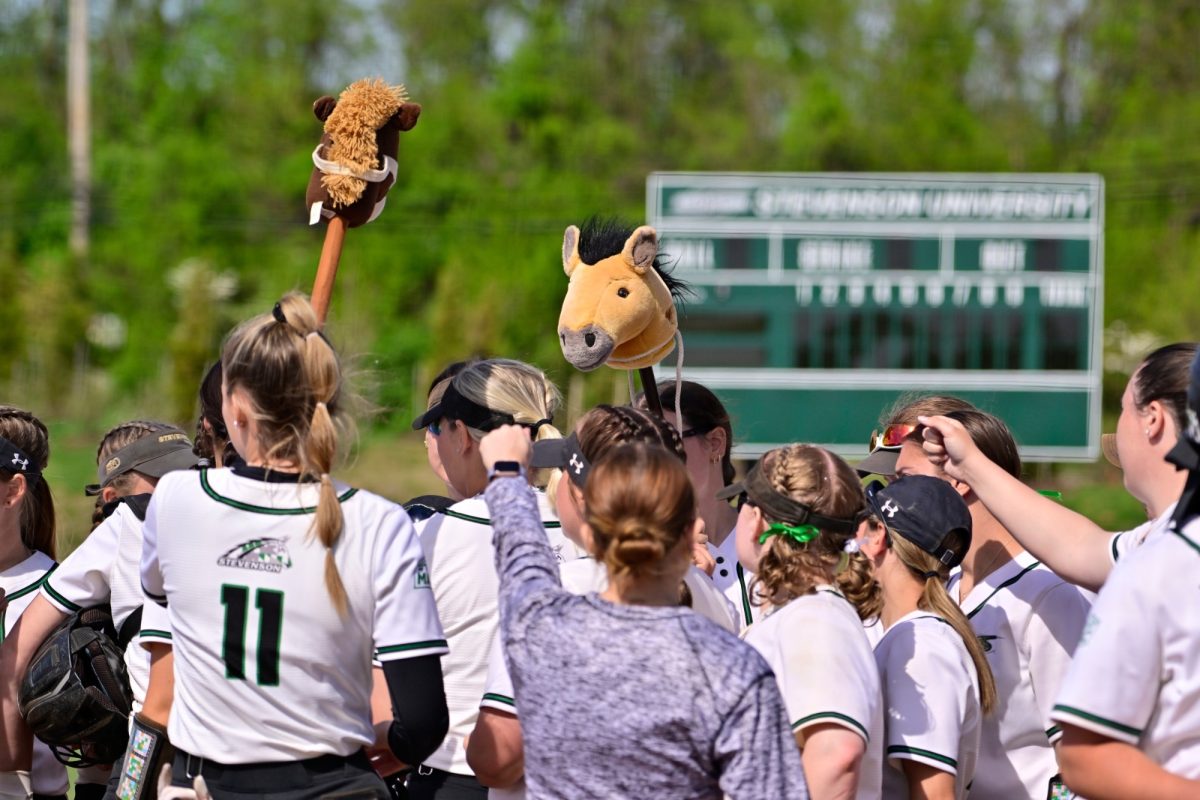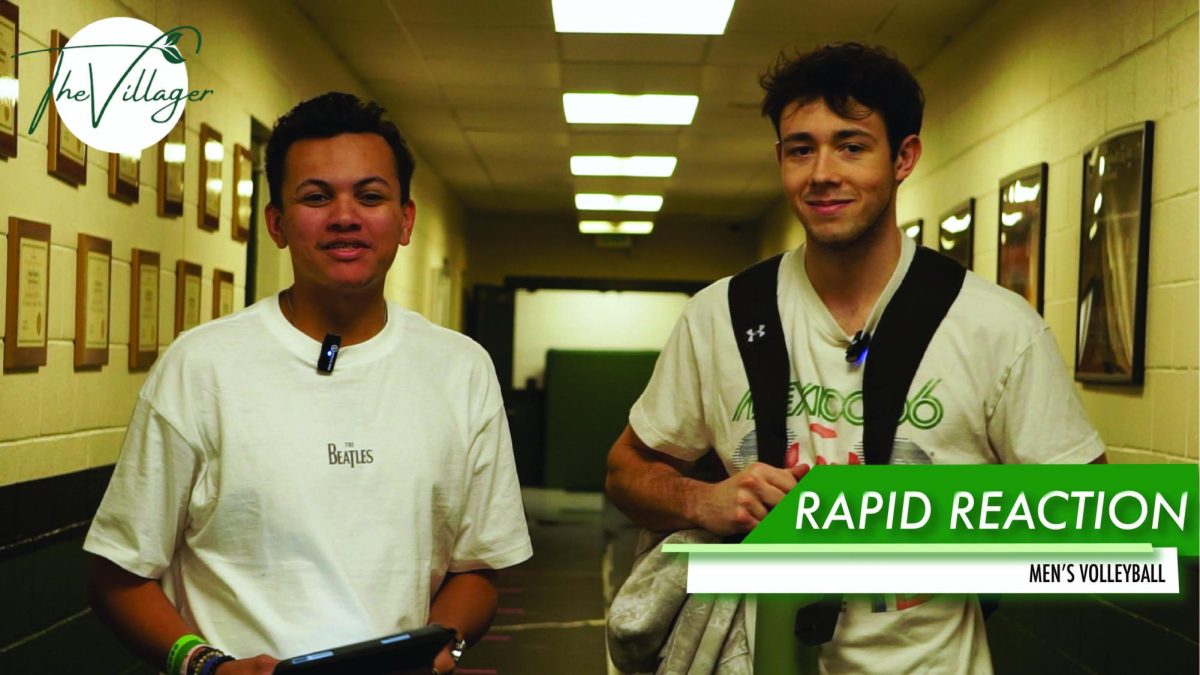
With summer break just a few weeks away, students are probably wondering what will keep them busy — working at a summer job, going home, or having some fun in the sun. However, students might consider looking for new ways to improve themselves during the break.
With graduation in a few years (or less than two weeks for some students), summer might be the time to find new ways to prepare for a great career. Here is a list of what students can do during the summer to get a head start on their career:
- Research – Students can sometimes do research with a professor, and this work is essential for students who want to go to graduate school. There are also grants for research projects that often can be more helpful than unpaid internships.
- Volunteer/perform community service – Volunteer work looks great on a resume and offers the benefit of giving back to those who need your help. There are all kinds of volunteer opportunities in the community, though it might be better to pick one activity for the entire summer. This will demonstrate your willingness to commit to a project and see it through.
- Get an internship – Internships are by far one of the best ways for you to get involved in your preferred career field. They’re excellent for meeting people in the industry and maybe even developing connections with those who work at your dream company. When a potential employer sees that you have work experience in a related field prior to finishing school, you could be the preferred job candidate.
- Study abroad – A study abroad program can break you out of your comfort zone and expand your horizons while also offering the chance to experience other cultures. Many programs have scholarships to cover the cost. Studying at a foreign university is a good way to perfect a second or third language.
- Write – Writing can be crucial, especially when applying to jobs. Writing over the summer can enhance skills for future semesters and even careers that deal directly with writing. It is also a good way to relieve stress if you write about things you are passionate about. If it’s good enough, it could go in a portfolio as a writing sample.
- Take summer classes – This is a great way to advance your math or language skills at your university or local community college. Some of these classes can count towards general education requirements and will help you finish your degree faster. Most colleges will accept these transfer credits.
- Create/update your portfolio – In most career fields, having a print portfolio of your work to show at interviews is advantageous. Throughout your college career, save all the work done in every class. A professional portfolio can be beneficial to show an employer what you can do.
- Write your resume and cover letter – A resume and cover letter are essential to job search. You should always update your resume after the end of a semester to add any new skills you may have learned. It is also a good idea to have a pre-written cover letter that you can adjust properly when applying to jobs/internships that require them.
- Utilize Career Services – The last thing on the list that many students forget about is using the Office of Career Services on campus. Making an appointment regarding resume, cover letters, interviewing tips, and professional dressing can be very helpful when preparing your career.


























































